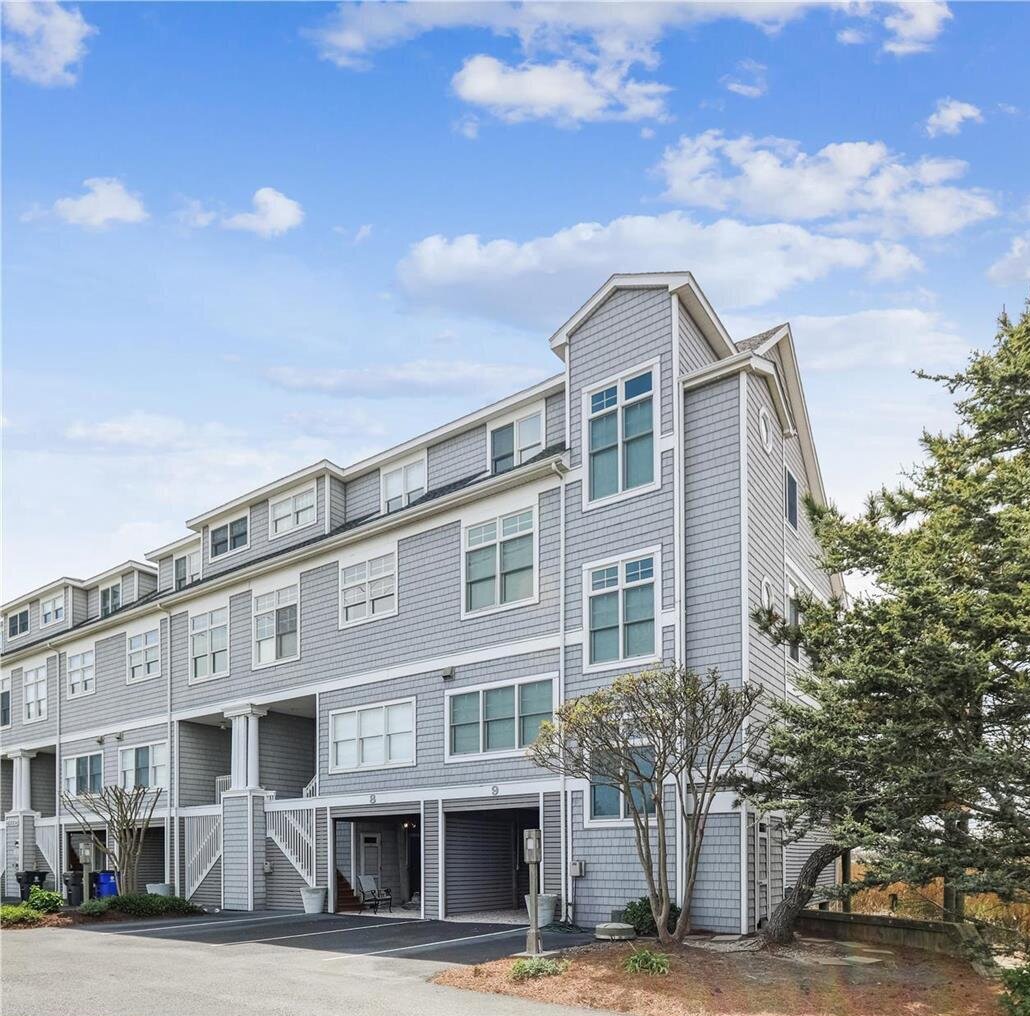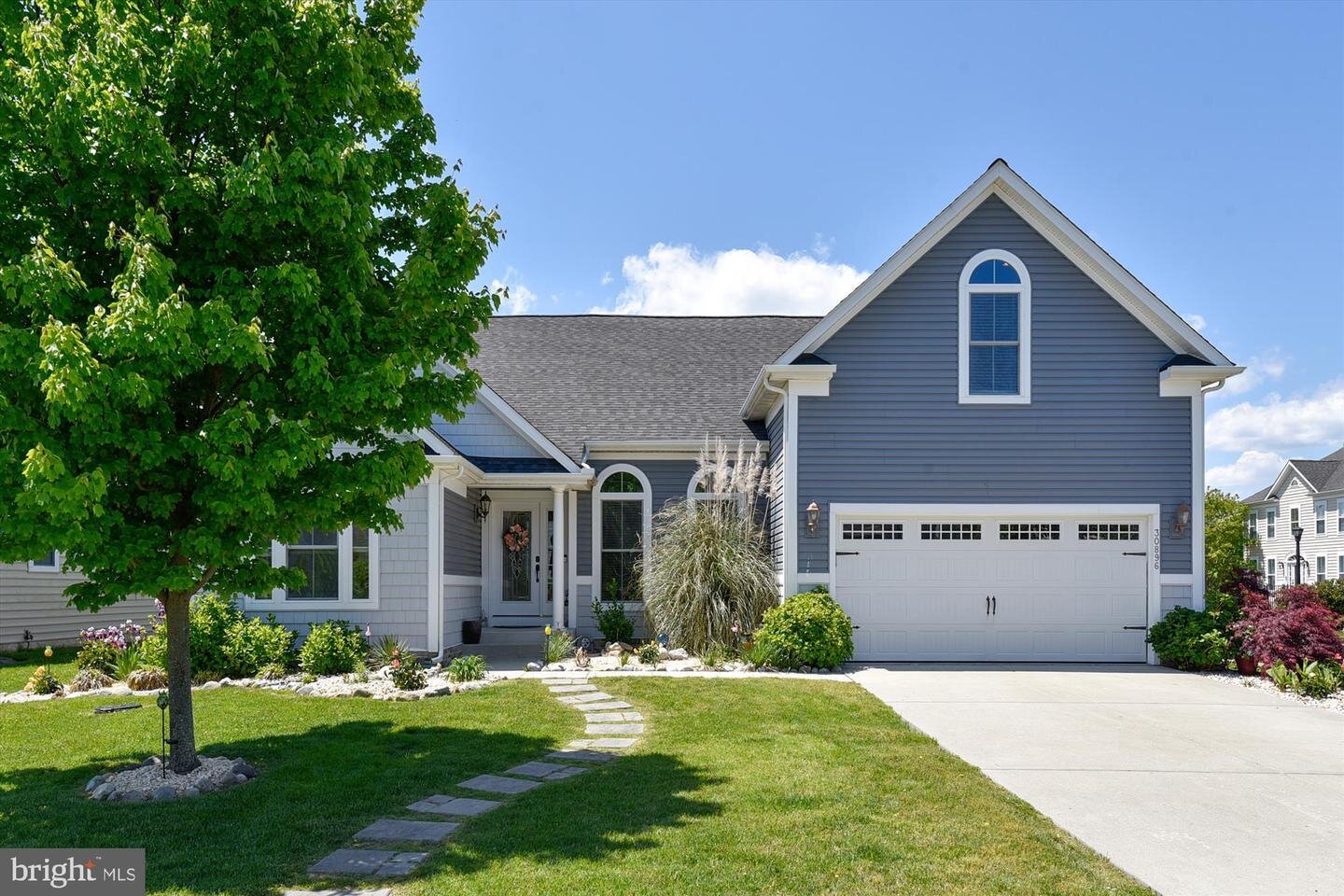The Home Closing Process Amid Coronavirus: The Seller's Guide to How Long Will It Take
Source: Realtor.com
Selling your home during the coronavirus outbreak is no easy task. So if you've managed to find a buyer and accept an offer despite these challenging times, congratulations! You're almost there. All that's left is to close the deal.
Yet not surprisingly, COVID-19 has thrown a few wrenches into the home closing, too. That's why, in the final installment of our series “Home Selling in the Age of Coronavirus,” we’re offering guidance on what home sellers should expect as they close on their home, and how to navigate these hurdles to stay safe and keep the deal on track.
How long will it take to close on a house now?
Not surprisingly, home closings are taking longer now. At the end of March, closing times averaged 60 days from the time an offer is accepted, up from 43 days in February and 26 in January, says Tendayi Kapfidze, chief economist at LendingTree. They're likely to take longer still in April.
Why the holdup? In part, lenders have been swamped with processing refinancing applications due to the historically low mortgage interest rates.
“Generally speaking, most lenders are very busy with refis and enjoying record months in closings,” Kapfidze says. “Record closing months will typically lead to delays in days to close. Underwriting turn times are longer today.”
In addition to a backlog in refi underwriting, social distancing and shelter-in-place orders are delaying and complicating every step of the home closing—including home inspections, appraisals, and walk-throughs.
In some cases, home buyers are adding addendums to contingency timelines to account for these holdups, says Tomer Fridman, luxury and celebrity real estate expert at Compass.
If you're a home seller who's eager to close the deal or nervous it could fall through, here's more on what could hold up the various stages of home closing, and why.
Home inspections
Typically, once a deal is reached, home buyers will send a home inspector to the seller's home to vet it for any flaws. These days, with shelter-in-place mandates, home sellers may be at home during inspections, but if this prospect makes you nervous, you can ask for a "remote home inspection" instead.
"We are offering clients the option of doing a 'remote inspection,' where we inspect the house alone and review the findings with buyers and sellers via a videoconference," says Welmoed Sisson, a home inspector and author of "101 Things You Don't Want In Your Home."
Furthermore, "while we're at the house, we use gloves, wash our hands, and wipe down things we touch with antiseptic cloths," Sisson adds.
"We're anticipating the need to do this for six months at a minimum, and probably longer," she says.
Home appraisals
Traditionally, home appraisals—where an appraiser visits the house to assess its value—are required by lenders for any buyer who needs a mortgage. But to keep home sellers safe, the Federal Housing Finance Authority has instructed Fannie Mae and Freddie Mac to temporarily allow exterior-only appraisals or desktop appraisals during the COVID-19 crisis.
These appraisals use public records, multiple listing service information, and other data sources to identify details about the property—and don’t require going inside the home. That's good news for sellers, although the process could end up taking longer as a result.
Walk-throughs
Social distancing is also affecting buyers' final walk-throughs, with some being done virtually on FaceTime and others not happening at all.
“The majority of buildings in New York City are not allowing anyone other than owners to enter or exit,” says Peggy Zabakolas, real estate broker at Nest Seekers International in Bridgehampton, NY.
Home closings
Last but not least, social distancing may also delay closings, because some title company offices are closed and in-person gatherings of more than 10 people are prohibited, says Matthew Myre, CEO and lead agent at Berri Properties in Asheville, NC.
The way around this is, rather than having everyone gather in one room, various parties might sit in separate rooms and shuffle papers between them. Some closings are even taking place outside on sidewalks.
Are remote home closings possible?
States such as Georgia announced that, as of March 31, video closings are temporarily permissible—and more states may follow suit. However, remote or virtual closings are possible only in some places and cases, such as for cash transactions and when lenders allow it, Zabakolas says.
For instance, remote online notarization is allowed in just 23 states, but the National Association of Realtors® recently sent a letter to Congressasking lawmakers to expand it nationally to speed up real estate transactions during the pandemic while limiting in-person contact.
Just keep in mind that most of the delays in selling a home during the COVID-19 outbreak are beyond anyone’s control—and are a good thing in that they're meant to protect home sellers (and buyers) from unnecessary exposure risks that might come from in-person meetings.
Full article: https://www.realtor.com/advice/sell/home-closing-process-amid-coronavirus/




